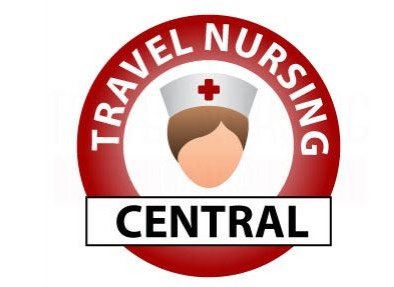Sticking to a budget is important for all of us; however, it is even more important for travel nurses. As travel nurses, you spend 13 weeks on an assignment and typically move on. With each of these moves, you need to have the funds to get to your next location and have the funds to pay for a place to stay during your next assignment.
Below you will find some budgeting tips from fellow travel nurses:
Negotiate monthly AirBnB or VRBO before you book
It never hurts to ask for a discount on housing. Because you will be staying there for 13 or more weeks straight, they may be willing to give you a discount. It benefits you to stay for a long time and the person you are renting your housing from.
One member suggested only renting an Airbnb or VRBO for a week and then asked around at work about potential housing. Locals may have more insight than what you can find on the internet. Someone at your new assignment may even have a room to rent that isn’t listed on the internet. Housing is the largest portion of the money that travel nurses spend. Why not save some money on it along the way?
Meal Prep or Take your lunch to work
Meal prepping is a great option to help with your budget. It makes taking your lunch to work a lot easier as the meals are ready to go when you need them. Most hospital cafeterias can be pricey. You can save a lot of money by just taking your lunch to work.
The Instant pot is a big hit with travel nurses because it takes up little space and cooks quickly. There is also an abundance of recipes on the internet and Pinterest as well.
Dollar Stores and Couponing
You can find many great things at Dollar Stores: cleaning products, toiletries, foods, and many other items. Many of the cleaning items they offer are name brands in smaller sizes, perfect for a travel nurse who may not need a full-size product. You can also find dinnerware at dollar stores, so if you don’t feel like packing yours for every assignment, you can pick up a set at your local dollar store and not worry about breaking them or taking them with you on your next assignment.
Couponing can save you a lot of money. The hardest part of couponing appears to be getting started. Thrifty Nomad gives some great tips on getting started couponing.
Make Your Own Coffee
Buying coffee from chain stores adds up. The prices vary from location to location, but even at $3-$4 for a small coffee, you are spending at least $21 a week if you buy coffee every day of the week. By making it at home, you will save a lot of money. Many people stick to single-serve coffee makers because it creates less waste if you know you won’t drink a whole pot, and as a travel nurse, they take up less space as well.
Groupon for experiences
Groupon is a great place to look for discounts on local experiences. The discounts may not be huge, but they can and do add up in the long run. These can include; food, shows, zoos, museums, etc. Groupon offers discounts in many areas, and you can search easily. What is nice about Groupon is that not only do they offer discounts, but they also have reviews of everything listed. Since you may not be familiar with your new location having these reviews is very helpful.
Look for free local things to do
It is straightforward to find things to do in your new location because of the internet and social media. You can search Facebook for free events. If you like the outdoors, the local Parks and Recreation website or the Facebook page might be a good place to look for free events. Asking around at your new assignment is a good way to find free local things to do as well.
BUDGET
It seems obvious to use a budget, but the first step to sticking to a budget is having a budget. Put as much into your savings as you can. This is important for many reasons. It will ensure that you will have what you need when you move on to your next assignment. Also, if you are out of work for any period of time, you will have money to live off of. Having savings on hand is just a smart move all around.
These are just a few tips on how to budget and save money while on assignment. There are other ways to save money that you will find along the way. These are just a few suggestions to help you get started.

